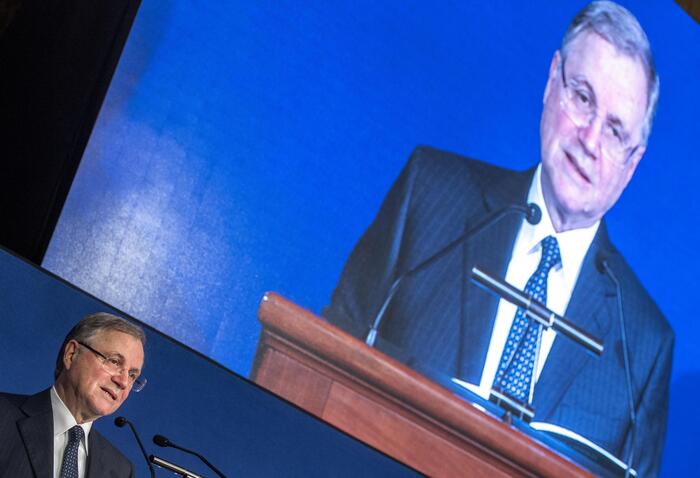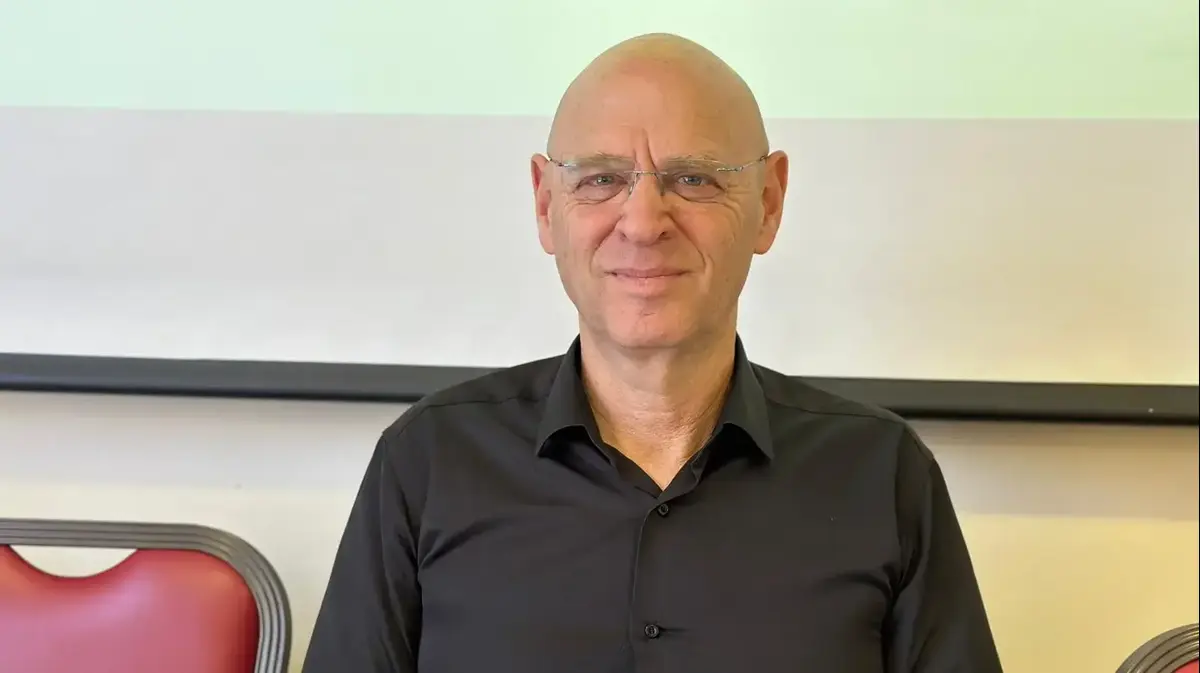Audience crowded with bankers, trade unionists and industrialists, full directory in the front row, large representation of journalists and communicators. The last final considerations of the governor of the Bank of Italy Ignazio Visco, Wednesday 31 May, see the return of the complete presence of the guests in the halls of Via Nazionale, after the past years that have seen an event only virtual and then hybrid and restricted to a few guests. The governor, whose term expires in November, as usual, will draw the balance of the year and the upcoming challenges for the country and the institution as well as for the banking sector, which now faces many requests to increase passive rates to adjust them to those applied to loans. An invitation arrived both from the Minister of Economy Giorgetti and from the ECB and that will reduce the strong margins accumulated in recent months by the sector. "We are offering all savers the possibility of higher remuneration, if they make investments" underlined the Chairman of Intesa Sanpaolo GianMaria Gros-Pietro on the sidelines of the ABI board, recalling how "an overnight current account is not an investment, it is a service. Sight money is useless, because the bank either keeps it there to do nothing, and in return for that it must have liquid deposits at the ECB, or it transmits it to the economy, and this is the thing to do".
Both for the lessons learned from previous crises and for the increase in rates, the banking sector is thus more resistant, a detail repeatedly underlined by Visco in recent months.
But the considerations will also be the final point of twelve years of his mandate in which the institute, and the country have profoundly changed. From the Berlusconi government, from which he was appointed, to the current one of Meloni and her majority with whom, after the first uncertainties, there is a substantial commonality on some key issues, first of all the rigor on public accounts.
An independent institution by practice and, since the birth of the ECB of which the Bank of Italy is a member by law, it is known, it has a close relationship with politics and its institutions.
Visco in recent years has avoided friction and direct attacks but has not yielded on independence and autonomy.
But, politics aside, they have been 'intense' years as he himself defined them recently, also because they have been crossed by a long series of crises such as the resolution of the 4 banks, MPS and non-performing and international loans, such as sovereign debt, Covid and finally the aggression against Ukraine.
Crises in which the bank has repeatedly come under fire, accused of having been too much or too little severe with the credit institutions. The birth of the single ECB supervision has reshaped its tasks, putting an end to some unwritten practices and traditions.
And then there is participation in the Frankfurt decisions.
Visco supported Draghi's extraordinary policies and with the arrival of inflation approved the change of pace, but asking for a greater gradualness and also to consider the risks that a sharp correction can cause in a country like ours that is growing but that carries with it a high debt and an economy dependent on the bank credit channel to which a tightening can cause damage. For the moment, neither he nor the other Italian member of the board, Fabio Panetta, indicated by many as his successor, has been heard. A hypothesis, however, not obvious given that the internal solution, except for Draghi's parenthesis, is the one followed in the Bank.
The first word is up to the government and the prime minister by law, but the appointment is then of the President of the Republic, a non-formal step.
All in presence for last considerations of Visco
2023-05-30T19:32:02.398Z
Highlights: The governor, whose term expires in November, will draw the balance of the year and the upcoming challenges for the country and the institution. Ignazio Visco faces many requests to increase passive rates to adjust them to those applied to loans. An invitation arrived both from the Minister of Economy Giorgetti and from the ECB and that will reduce the strong margins accumulated in recent months by the sector. Visco in recent years has avoided friction and direct attacks but has not yielded on independence and autonomy.

The balance sheet after 12 years between politics and economic crises (ANSA)













